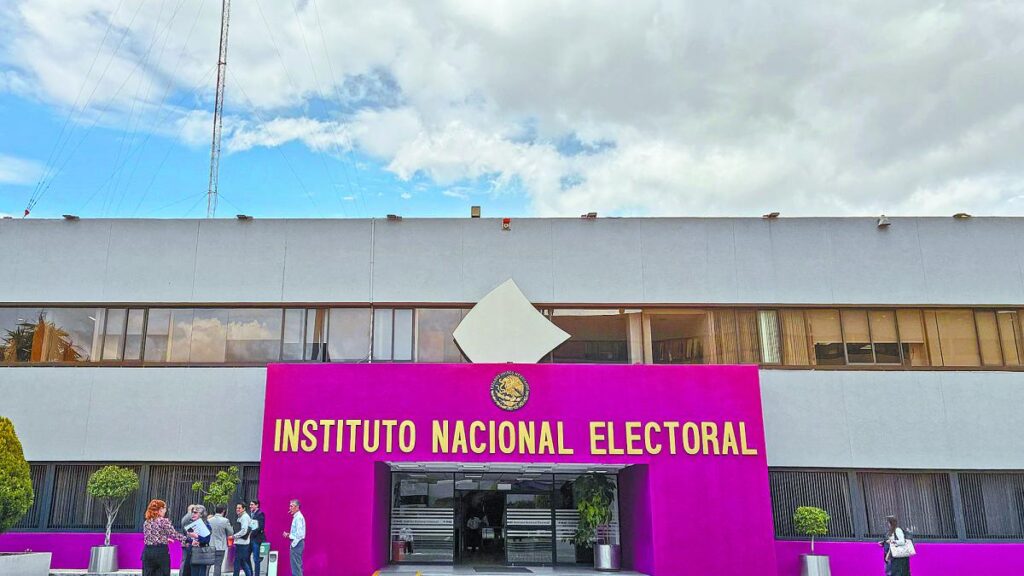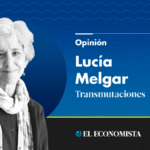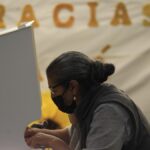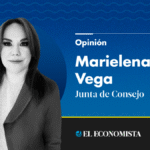Background on the Instituto Nacional Electoral (INE)
The Instituto Nacional Electoral (INE) is Mexico’s independent, autonomous electoral body responsible for organizing and supervising elections at the federal and local levels. Established in 2014, following a major electoral reform, the INE has gained recognition for its professionalism and commitment to ensuring free, fair, and transparent elections.
President Sheinbaum’s Call for Electoral Reform
Claudia Sheinbaum Pardo, the current head of Mexico City’s government and a prominent member of the Morena party, has proposed an electoral reform. This initiative aims to update Mexico’s electoral framework, addressing concerns about representation, voting methods, and the complexity of upcoming elections.
INE’s Expertise and Recommendations
INE consejeras (council members) have emphasized the importance of involving various political and social actors, including their institution, in creating new electoral rules. They argue that the INE’s accumulated experience and technical expertise are crucial for designing effective and fair electoral guidelines.
Claudia Zavala Pérez: “We must ensure that all voices are heard, not just those from the political class. There are technical aspects that require input from INE experts to maintain electoral integrity and certainty.”
Zavala Pérez also highlighted the need for consensus among all political forces to establish electoral rules that leave everyone confident and prepared for future elections.
Dialogue and Consensus
INE consejeras stress the importance of dialogue and consensus in electoral reform, involving not just politicians but also academia and organized citizenry. They believe that electoral reform should be a collective effort, shaping the rules of political power.
Carla Humphrey echoed this sentiment, calling for broader participation in the reform process. She emphasized that a single individual cannot create a comprehensive electoral reform and stressed the need for diverse perspectives, including those of political parties, academia, and the electoral authority itself.
Citizen Participation
Norma de la Cruz further advocated for citizen involvement in demanding the electoral reform they desire, rather than accepting what legislators impose. She urged the organization of public debates and forums to ensure all voices contribute to shaping Mexico’s electoral system.
Previous Attempts at Electoral Reform
In 2022, then-President Andrés Manuel López Obrador proposed a similar electoral reform, which included reducing the number of federal deputies and senators, promoting electronic voting methods, and transforming the INE into a new institution called the Instituto Nacional de Elecciones y Consulta. However, López Obrador abandoned the reform due to insufficient legislative support.
Key Questions and Answers
- Q: Who is Claudia Sheinbaum Pardo? A: Sheinbaum Pardo is the current head of Mexico City’s government and a key figure in the Morena party, proposing electoral reform.
- Q: What is the Instituto Nacional Electoral (INE)? A: The INE is Mexico’s autonomous electoral body responsible for organizing and supervising federal and local elections.
- Q: Why is the INE emphasizing its inclusion in electoral reform discussions? A: The INE believes its expertise and experience are vital for creating effective, fair, and technically sound electoral guidelines.
- Q: What are some previous attempts at electoral reform in Mexico? A: In 2022, then-President López Obrador proposed reducing the number of federal deputies and senators, promoting electronic voting, and transforming the INE. However, these reforms were not implemented due to insufficient legislative support.






